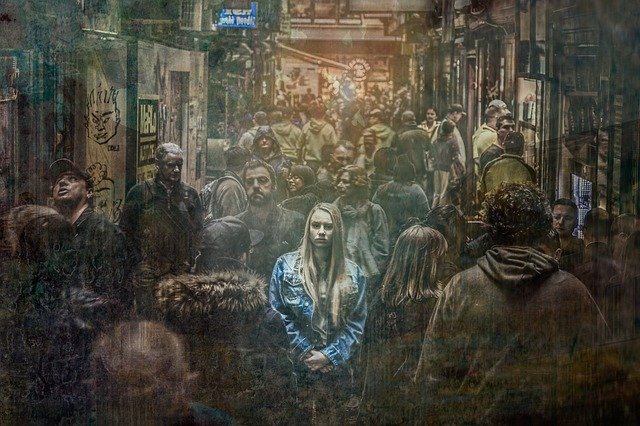Fr Paolo Consonni MCCJ
What a dark turn of events! In the sequel of last Sunday’s gospel, Jesus’ countrymen were “speaking highly” of Jesus and “amazed at the gracious words that came from his mouth.” However, after a better understanding of His message, they arrived at the point of “being filled with fury” and “drove Him to the brow of the hill to hurl him down headlong” (Luke 4:21-30). What caused such a drastic change of attitude?
I have experienced being angry at God. Maybe during this downsized Chinese New Year some of us might be mad at God for the hardships we have had to bear since last year because of the pandemic. Faith is a grace easy to lose, especially when we are confronted with the tragedies of our human existence.
We easily get angry with God when He refuses to fit into a certain frame of mind within which we would like to confine Him. This frame of mind is made up of our personal value-system, political ideas, relationships, economic security, and expectations of a healthy, long life, as well as cultural assumptions: in other words, our comfort zone. Someone once said, the difference between “religion” and “faith” consists of how they affect this comfort zone.
Faith always involves going beyond the needs of the natural ego, so that we might enter the life of the Spirit, where the self is no longer at the center. God’s actions impel us to get out of this comfort zone and open ourselves to Him and to the needs of others. Think of it: baptism, vocation, prayer, service, mission, self-sacrifice…all these important aspects of a life of faith are His appeal to go beyond the horizon of self-interest and immediate self- gratification. We give an answer to faith only when we accept His invitation and allow Him to transform us into more loving persons.
“Religion” (used here in a restrictive sense) is the extension of our ego, not its opening. We apparently “do things for God,” but only to affirm ourselves in the process. Evangelization becomes convincing others about our own views. Charity becomes putting the spotlight on our goodness. Prayer becomes a way of reinforcing the ego’s inner voice. It’s as if on one hand we say we believe in God, while on the other we tell Him what to do and how to act.
“Isn’t this the son of Joseph?” Jesus’ countrymen asked in disbelief. They knew his family, his background, his education; yet the sum of these factors did not match the newness of what Jesus was preaching. Their religiosity, which consisted mainly of a mixture of nationalistic worldviews and cultural traditions, could not conceive a Messiah whose program was to bring God’s gift of redemption not only to Israel, but to the whole of humanity, including Israel’s enemies as well as their pagan neighbors.
I am not surprised at their anger because, in a way, I also try to “eliminate” God’s voice in my conscience by getting too involved at work or even on the internet, or by finding excuses to resist healthy changes, or by using other people as scapegoats for my problems, looking at them as enemies and not as brothers and sisters. In this regard Pope Francis recently reminded us that “we believers are challenged to return to our sources, in order to concentrate on what is essential: worship of God and love for our neighbors, lest some of our teachings, taken out of context, end up feeding forms of contempt, hatred, xenophobia or negation of others” (Fratelli Tutti 282). Jesus’ countrymen apparently fell into this mistake.
In next Sunday’s Gospel, Jesus will call the disciples to “put out into the deep water” and embrace the whole world. He will need to “educate” them for this mission, because it’s not easy to open ourselves. The etymology of the word education (from the Latin word educere) is, in fact, to “lead out”: Jesus’ disciples, and we too, will need to abandon the narrow frame of mind of our self-interests to start a journey of Grace that will lead us into God’s heart.
Christ “educates” us today through His Body, the Church. The Church will always challenge humanity to move away from a superficial religiosity in order to live a deeper relationship with God which also requires a commitment to the common good. Only together, as a community, can we do that. And only together will we find the courage and the hope needed to follow Him into the uncertainties of the New Year to build a better post-Covid world for everyone.
(Image by Grae Dickason from Pixabay )


 Follow
Follow


